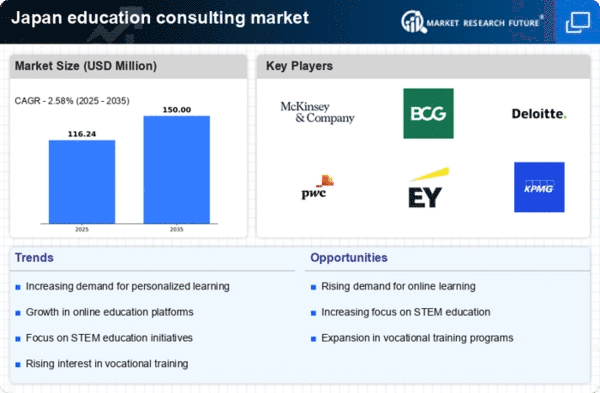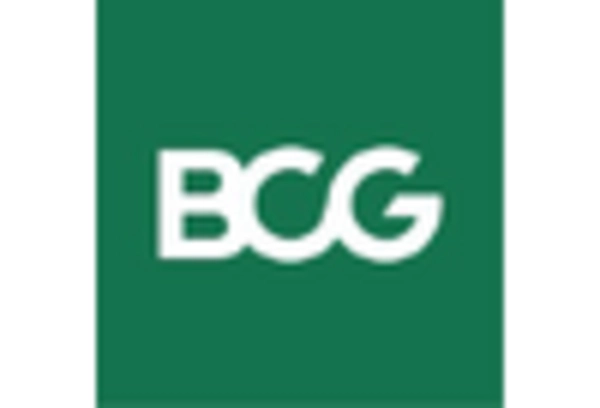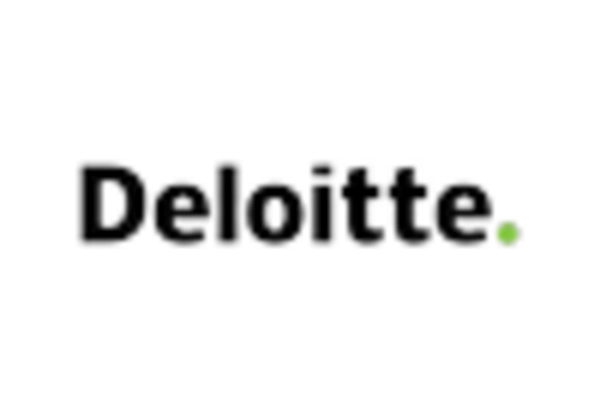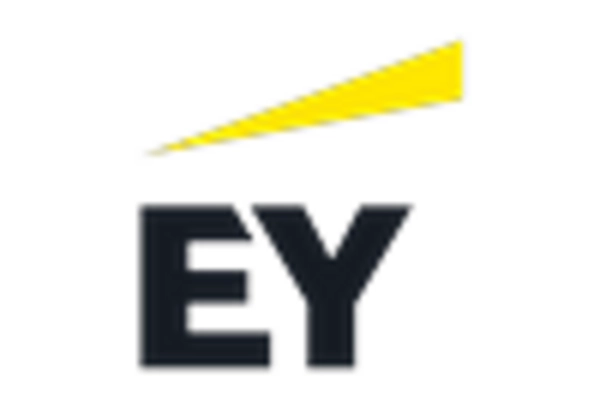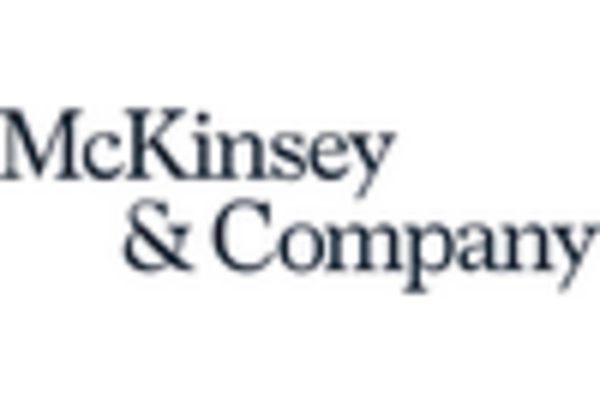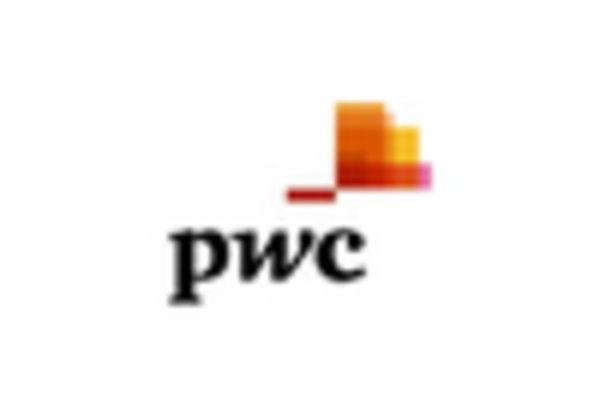Technological Advancements in Educational Tools
Technological advancements are reshaping the education consulting market in Japan, as educational institutions increasingly adopt innovative tools and platforms. The integration of artificial intelligence, data analytics, and online learning environments is transforming traditional teaching methods. Education consultants are now tasked with guiding schools in the effective implementation of these technologies. According to industry reports, the market for educational technology in Japan is expected to reach ¥1 trillion by 2026, indicating a substantial opportunity for consultants to assist in the selection and deployment of appropriate technological solutions. This trend not only enhances the learning experience but also positions education consultants as vital partners in the modernization of educational practices.
Increased Focus on Career Guidance and Counseling
The education consulting market in Japan is witnessing a heightened emphasis on career guidance and counseling services. As students face a competitive job market, the need for effective career planning has become paramount. Education consultants are increasingly being sought to provide insights into career pathways, skill development, and job readiness. Recent statistics indicate that approximately 70% of high school students express a desire for professional guidance, highlighting a significant gap that consultants can fill. By offering tailored career counseling services, education consultants can assist students in making informed decisions about their futures, thereby enhancing their employability and aligning educational outcomes with labor market demands.
Rising Demand for Customized Educational Services
The education consulting market in Japan is experiencing a notable increase in demand for customized educational services. This trend is driven by the growing recognition among parents and students of the need for tailored learning experiences that cater to individual strengths and weaknesses. As educational institutions strive to enhance student outcomes, consulting firms are stepping in to provide specialized services. According to recent data, the market for personalized education solutions is projected to grow at a CAGR of 8.5% over the next five years. This indicates a robust opportunity for education consultants to develop and implement strategies that align with the unique needs of students, thereby enhancing their academic performance and overall satisfaction.
Government Initiatives Supporting Educational Reform
In Japan, government initiatives aimed at educational reform are significantly influencing the education consulting market. The Ministry of Education has introduced various policies to improve educational quality and accessibility, which has led to an increased reliance on consulting services. For instance, the government has allocated approximately ¥500 billion to support innovative educational practices and enhance teacher training programs. This funding creates a fertile ground for education consultants to offer their expertise in curriculum development, teacher training, and institutional management. As these reforms take shape, the education consulting market is likely to expand, providing consultants with opportunities to engage with schools and educational organizations seeking to adapt to new standards.
Growing Importance of International Education Standards
The education consulting market in Japan is being influenced by the increasing importance of international education standards. As globalization continues to impact educational practices, Japanese institutions are seeking to align their curricula with global benchmarks. This shift necessitates the expertise of education consultants who can provide insights into best practices and compliance with international standards. Recent surveys indicate that over 60% of educational leaders in Japan are prioritizing international accreditation and partnerships. Consequently, education consultants play a crucial role in facilitating these transitions, helping institutions enhance their global competitiveness and ensuring that their programs meet the expectations of international stakeholders.


